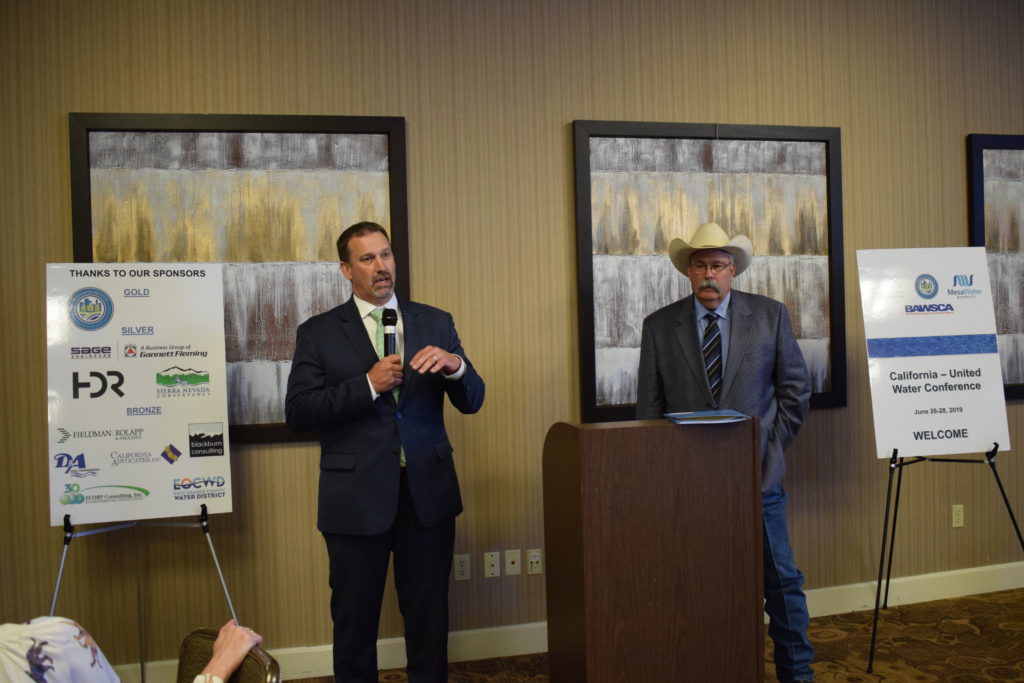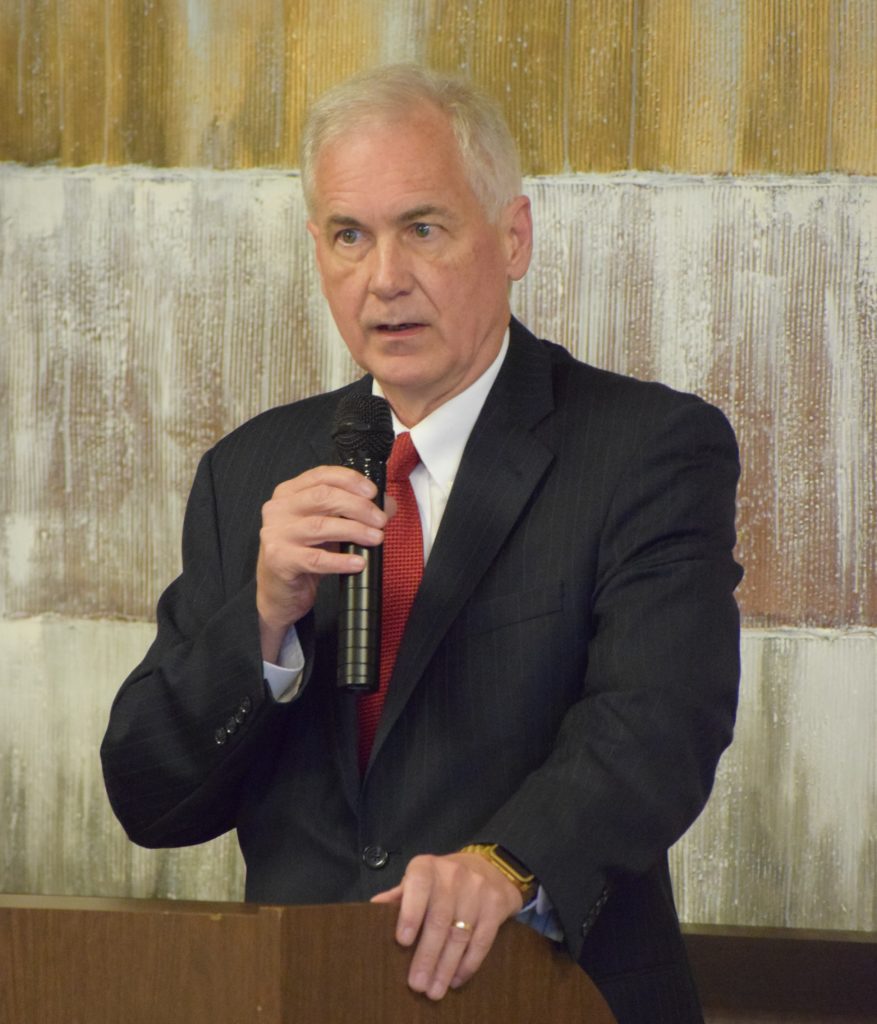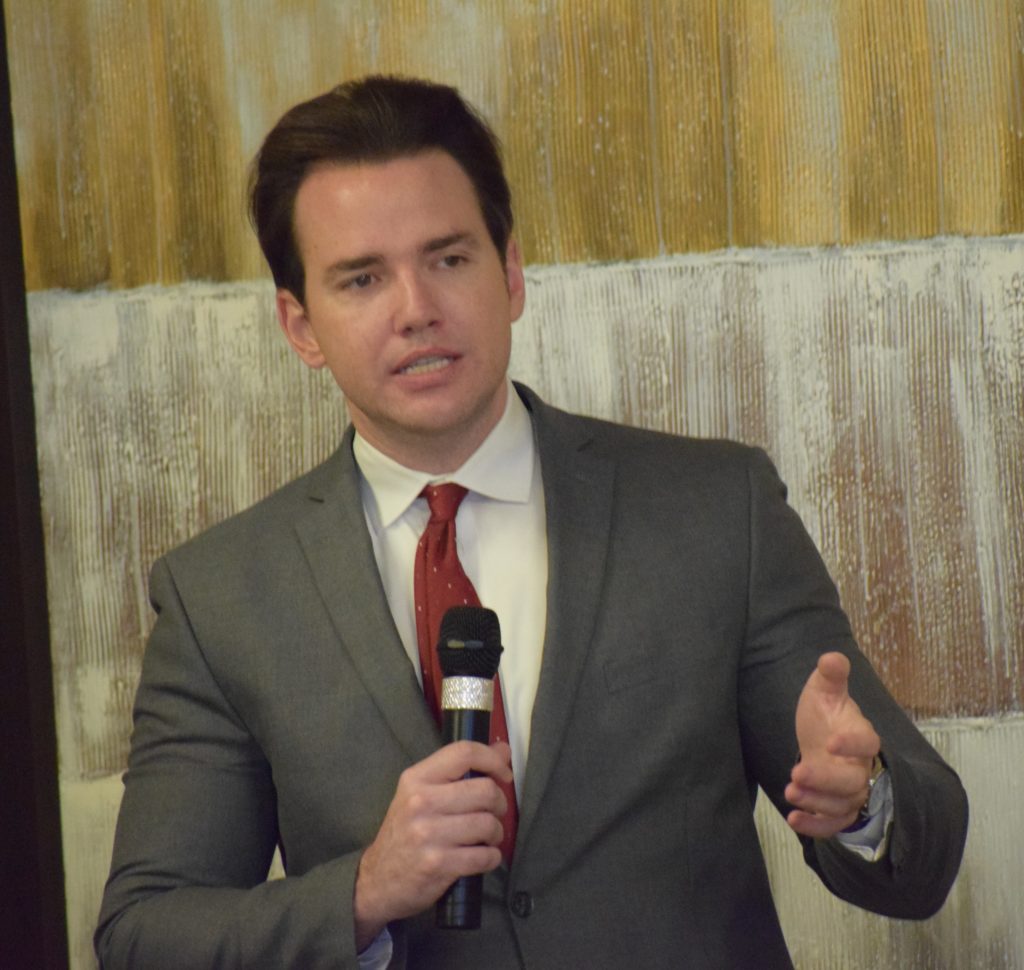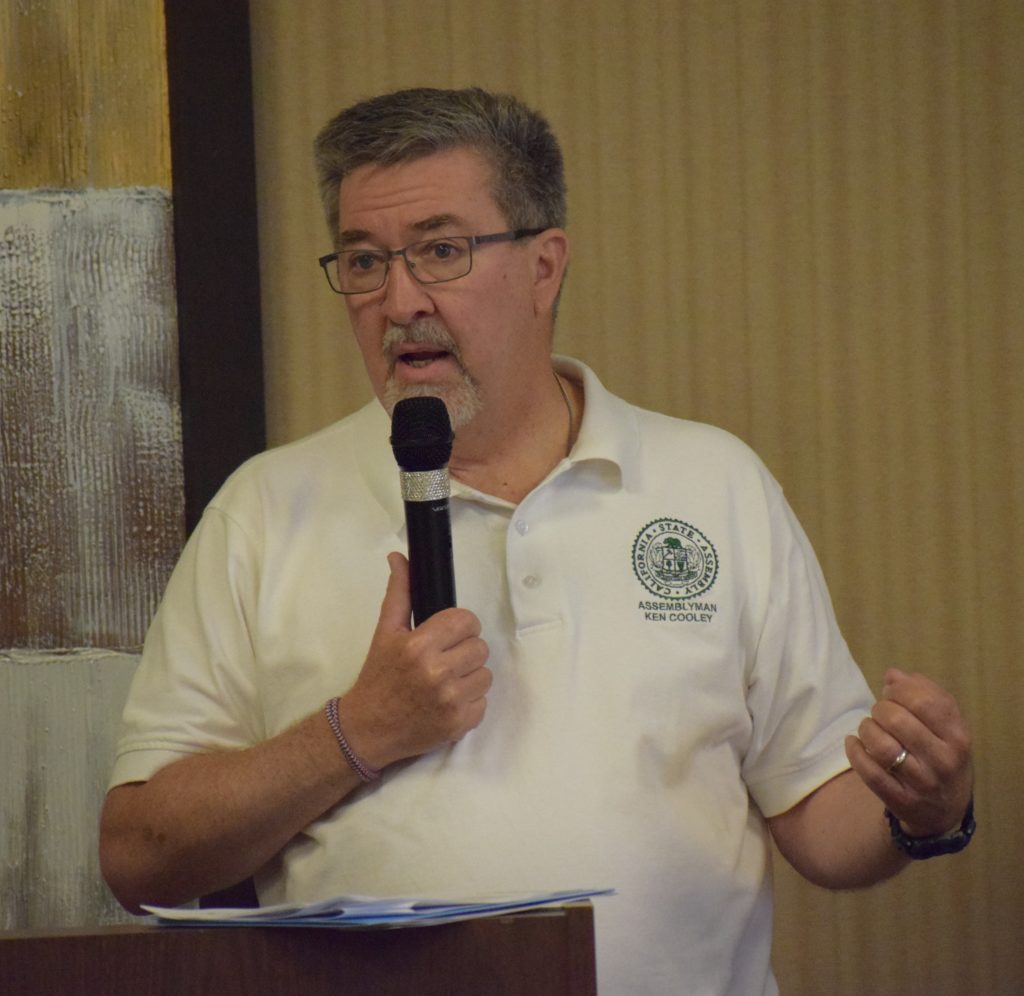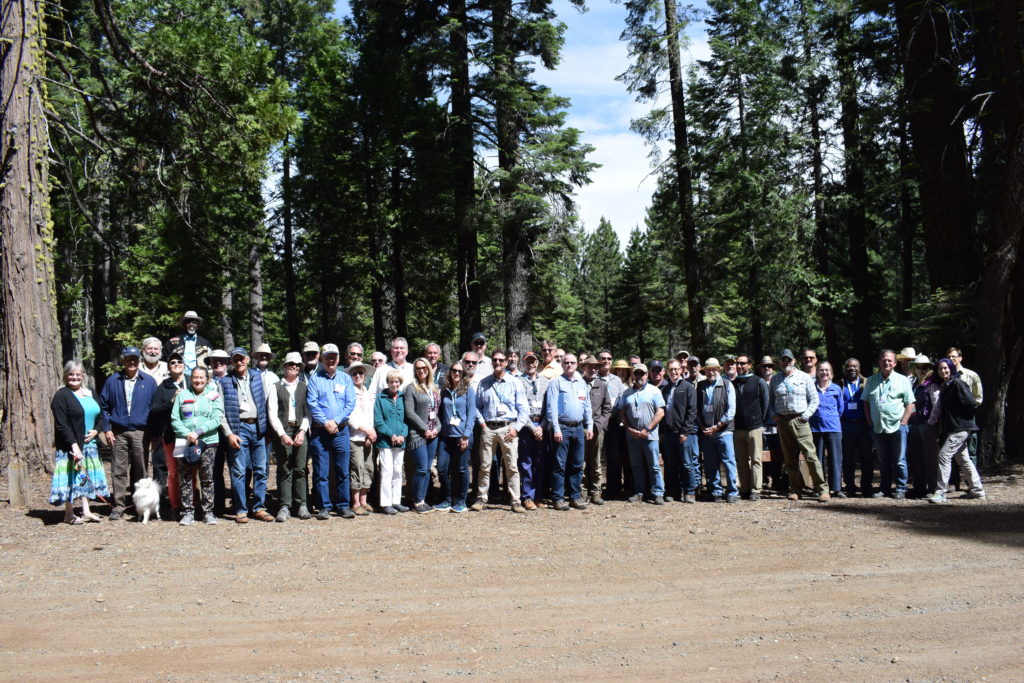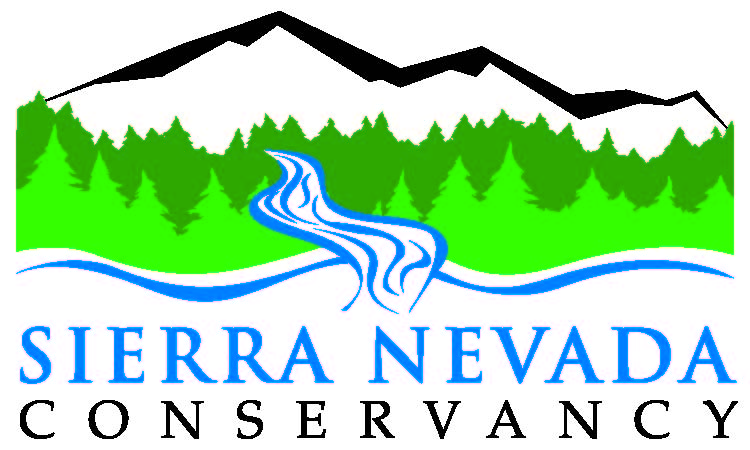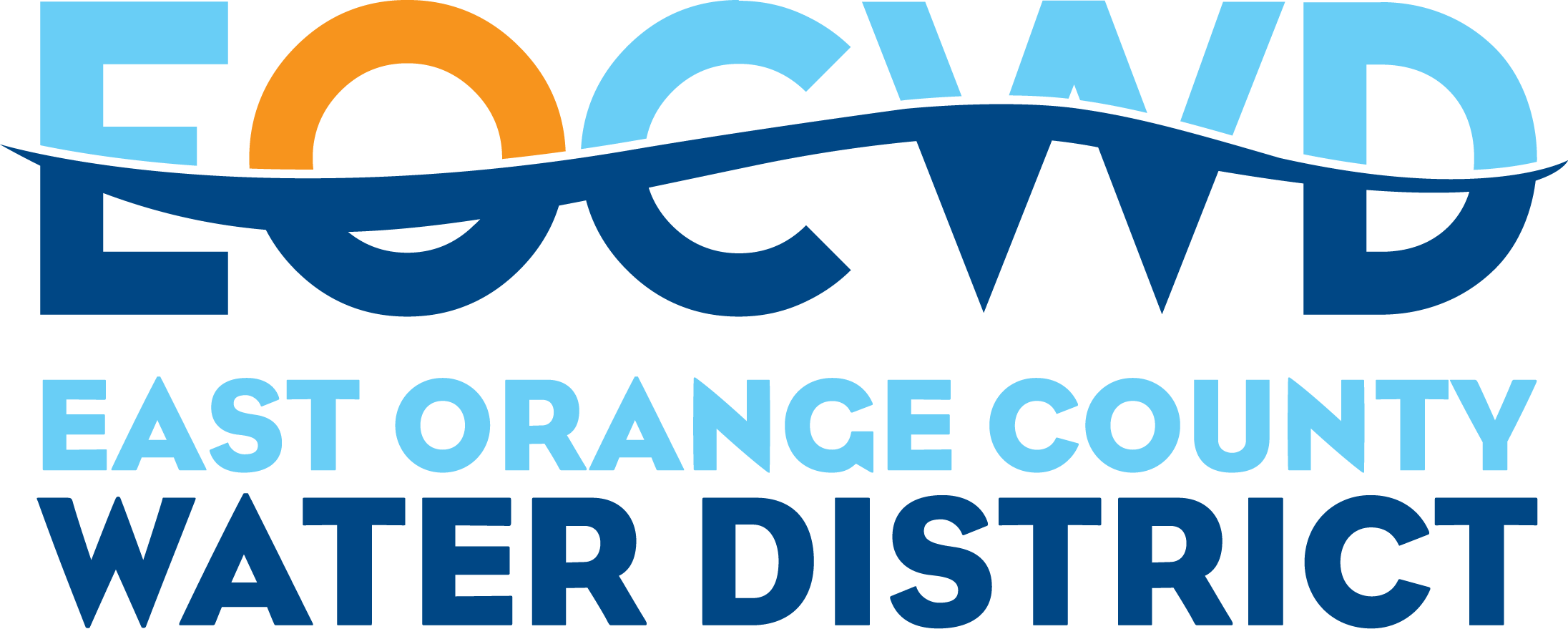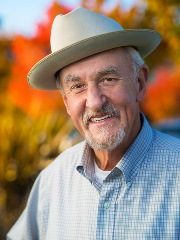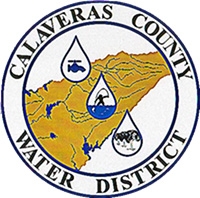California-United Water Conference
Auburn, California
June 26-28, 2019 was the date of a gathering of public water officials and county supervisors from the Bay Area, Mountain Counties, and Southern California, to meet and tour the American River Watershed. The conference was years in the making and was hosted by Mountain Counties Water Resources Association (MCWRA), Urban Water Institute (UWI), Mesa Water District, and the Bay Area Water Supply & Conservation Agency (BAWSCA). California-United Water is a symbol of water officials from around California working in collaboration to ensure safe and resilient water supplies, healthy watersheds for our communities, environmental preservation, and a healthy state economy.
An all day tour through Foresthill to Sugar Pine Reservoir and to the American Fire location in Placer County, included 12 expert subject matter speakers discussing topics of high importance in the Sierra Nevada watershed:
- Stewardship of California Watersheds
- Critical ecosystems and sustainability
- Managing a small water district in the watershed
- Optimizing California’s water supply
- Wildfire on the landscape – After the fire
- Federal, state, & private partnerships
- Re-introducing fire on the landscape
Wednesday Evening Keynote Speakers
Senator Brian Dahle
Assembly Member Frank Bigelow
Friday Morning Keynote Speakers
Congressman Tom McClintock
Assembly Member Kevin Kiley
Assembly Member Ken Cooley
AND, from the Governors’s Office:
Jennifer Montgomery, Director of the Forest Management Task Force
Nancy Vogel, Director of the Water Portfolio Program
PROGRAM Itinerary & complete list of speakers
Pictures from the Gallery
PowerPoint Presentations
The special event was made possible by our sponsors:
